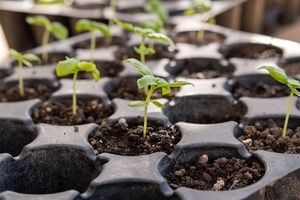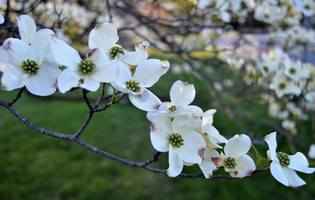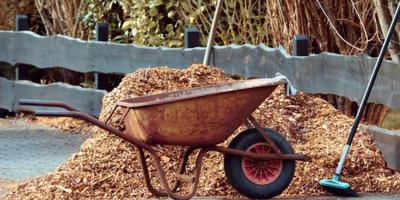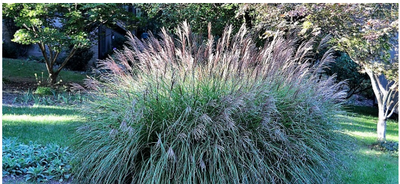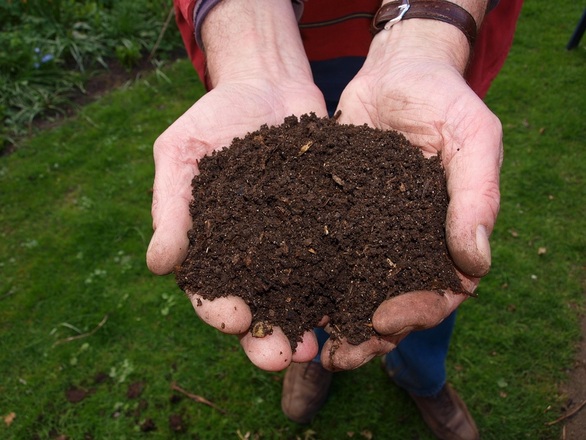
The Pros and Cons of Composting At Home
If you're thinking about composting at home, you're on the right track. Composting is an eco-friendly way to reduce waste and enrich your garden. But like any gardening practice, it has its ups and downs. To help you decide if it's the right choice for you, let’s dive into the pros and cons of composting at home.
The Pros of Composting at Home
Nature’s Best Fertilizer, Right in Your Yard
When you compost at home, you’re making some of the best fertilizer nature has to offer. Compost improves your soil’s structure, helping it hold water and nutrients more effectively. This results in healthier, stronger plants without the need for store-bought fertilizers. Compost also balances your soil's pH, creating a more stable environment for your plants to thrive.
Takeaway: Composting at home builds healthier soil, naturally supporting plant growth without relying on chemical fertilizers.
 Reduces Household Waste
Reduces Household Waste
Home composting is a fantastic way to cut down on the amount of waste you send to the landfill. Every time you compost food scraps, yard waste, or leaves, you're keeping organic material out of your trash can. This means less waste going to landfills, which in turn reduces harmful methane emissions. Plus, it’s a simple way to feel better about your environmental impact.
Takeaway: Composting at home reduces the amount of trash you produce, which means less waste in landfills and a more eco-friendly lifestyle.
Saves Money on Garden Supplies
Gardening can get expensive, with fertilizers, soil conditioners, and mulch all adding up. But by composting at home, you create your own nutrient-rich amendments, saving you money in the long run. Plus, if your community charges for waste disposal by volume, you might see a reduction in your trash fees as well.
Takeaway: Composting at home saves you money by providing free, nutrient-packed soil amendments and potentially lowering waste disposal costs.
Environmentally Friendly and Sustainable
Composting at home isn’t just good for your garden—it’s also great for the planet. By turning kitchen scraps and yard clippings into compost, you’re reducing your carbon footprint. You’re recycling organic materials instead of contributing to the growing problem of landfill waste.
Takeaway: Composting at home helps reduce harmful methane emissions and supports a more sustainable lifestyle by repurposing organic waste.
The Cons of Composting at Home
Time and Effort Required
One of the biggest challenges with composting at home is the time it takes. Organic materials don’t break down overnight. It can take months for your compost to fully mature into usable material. To speed up the process, you’ll need to turn the pile regularly and ensure it stays moist. If you’re looking for a quick gardening solution, this might not be it.
Takeaway: Composting at home is a long-term commitment that requires regular maintenance and patience for the materials to decompose.
Space Limitations
Composting at home isn’t always ideal for small yards or urban spaces. A compost pile requires space, and some people may not want to dedicate part of their yard to a compost bin. Larger piles also need more room to function efficiently, and if you don’t have space, composting might not be practical.
Takeaway: Composting requires space, making it difficult for those with small yards or limited outdoor areas.
Potential for Odors and Pests
When done correctly, composting at home shouldn’t produce bad smells. However, if the balance of materials is off—too much food waste, not enough dry matter—it can create odors that attract pests like flies, rodents, or raccoons. Managing the right mix of materials and keeping the pile properly aerated can help avoid these problems, but it’s something to be mindful of.
Takeaway: If not managed properly, composting at home can create odors and attract pests, making it important to maintain the right balance in your pile.
Not Everything Can Be Composted
One of the drawbacks of composting at home is that not all organic materials are suitable for the pile. Meat, dairy, and oily foods can attract pests and cause odors. You’ll need to carefully sort your waste to make sure only compostable materials go into the pile, which adds an extra step to your routine.
Takeaway: Composting at home requires careful sorting of materials since not all food waste can be composted.
Is Composting at Home Right for You?
Composting at home has plenty of benefits—it enriches your soil, reduces waste, saves money, and supports sustainable living. But it also requires space, time, and careful management. If you're up for the challenge, composting can be an incredible addition to your garden routine. If not, you might consider other options to improve your soil and reduce waste.
Other Blog Posts You May Be Interested In:
Pawpaw Fruit: Unveiling the Hidden Delight of Nature's Tropical Gem
A Guide to Dividing Perennial Plants: Tips and Timing

About RightPlantz - RightPlantz is your go-to source for all things gardening. RightPlantz grows better gardeners.

